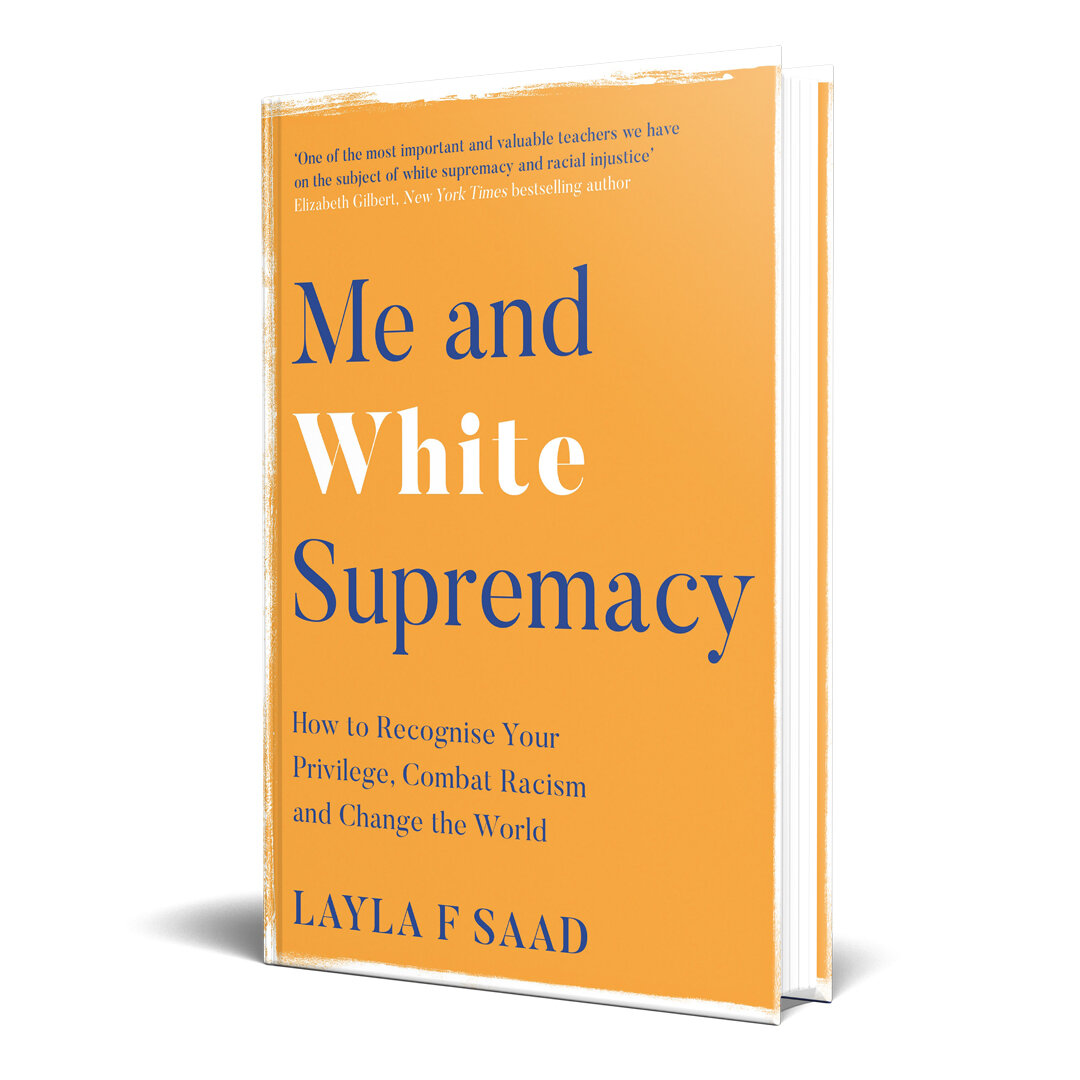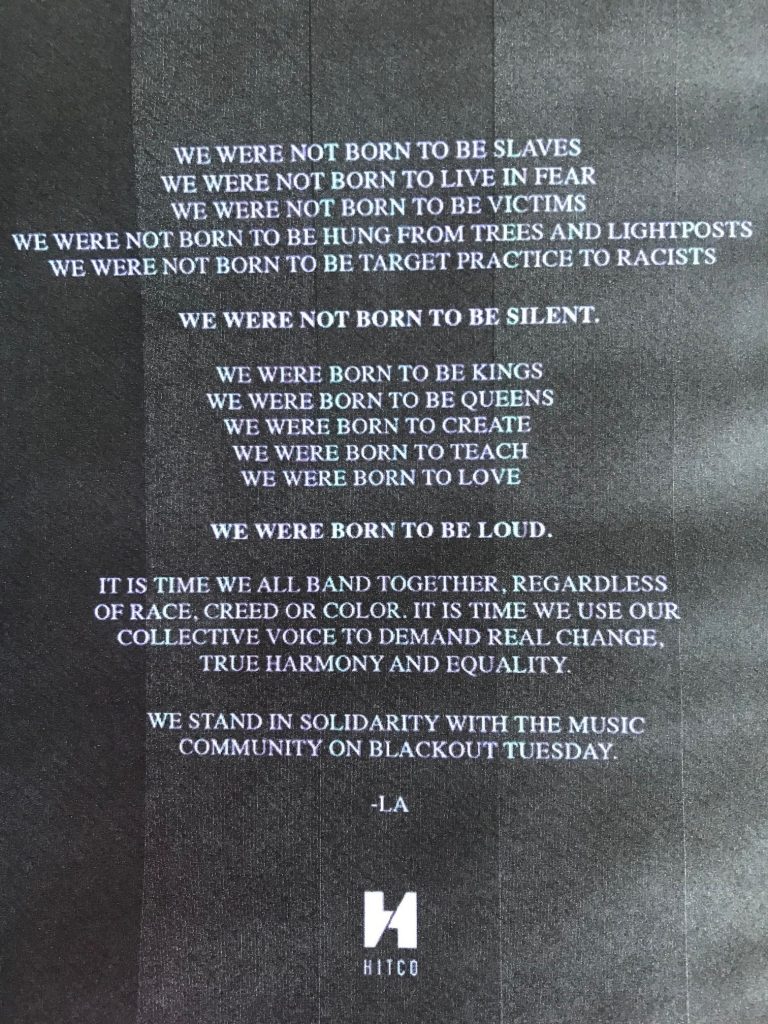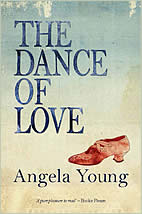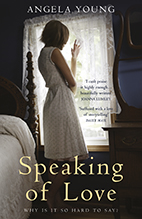When the Queen addressed world leaders at the beginning of COP26 she said:
Act for our children and our children’s children.
COP26, the 26th UN Climate Change Conference of the Parties, follows The Paris Agreement, a 2015 international agreement on climate change. The aim of COP26 is to secure commitments from the world’s nations to cut global emissions by half and to keep 1.5 alive: to keep the earth’s temperature below 1.5C degrees above pre-industrial levels, by 2030. COP26’s intention is to accelerate action towards the goals of the Paris Agreement (adopted in 2015, opened for signature in 2016, on 22 April, Earth Day). To date 192 parties have signed the Agreement (191 countries and the EU) which makes them accountable for keeping the world’s temperature below 1.5–2.0°C, by establishing climate-specific goals to reduce carbon footprint (known as Nationally Determined Contributions or NDCs). Every five years, parties must submit updated NDCs.
COP26’s intention is to accelerate action towards the goals of the Paris Agreement (adopted in 2015, opened for signature in 2016, on 22 April, Earth Day). To date 192 parties have signed the Agreement (191 countries and the EU) which makes them accountable for keeping the world’s temperature below 1.5–2.0°C, by establishing climate-specific goals to reduce carbon footprint (known as Nationally Determined Contributions or NDCs). Every five years, parties must submit updated NDCs.
 So … on the first day of COP26, 1 November 2021, China & Russian were not represented, despite the fact that they emit large amounts of greenhouse gasses. Even so COP26 President Alok Sharma said:
So … on the first day of COP26, 1 November 2021, China & Russian were not represented, despite the fact that they emit large amounts of greenhouse gasses. Even so COP26 President Alok Sharma said:
The science is clear: the window of time left to keep the goal of 1.5℃ alive … to avoid the worst effects of climate change, is closing… . But with political will and commitment, we can, and must, deliver an outcome the world can be proud of.
Kenyan environment and climate activist Elizabeth Wathuti said:
We need you to respond with courage to the climate crisis … [this] is critical for our children, for our species, for so many living beings. Please open your hearts. And then act.
On the second day, 2 November 2021, 100 countries signed a Declaration on Forest and Land Use, to stop deforestation, to break the link between deforestation and agriculture by 2030 (trees are cut down to grow animal feed). This declaration includes funding. In 2014, there was little funding to replace income lost from growing animal feed. Brazil, Indonesia and Canada – countries with large forested areas – signed.
The third day, 3 November, 2021, was Finance Day: 450 financial institutions agreed to make sure their decisions were justified by and compliant with the pathway to 1.5C degrees. And that they’d help the developing world stop using coal.
On the fourth day, 4 November 2021, 40 countries signed to phase out coal-fired power. But NOT the USA, China or Australia.
On the fifth day, 5 November, 2021, young leaders demanded climate change action to protect their futures, led by YouNGO
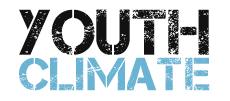 On the sixth day, 6 November 2021, 45 countries pledged urgent action and investment to protect nature and shift to more sustainable ways of farming.
On the sixth day, 6 November 2021, 45 countries pledged urgent action and investment to protect nature and shift to more sustainable ways of farming.
The seventh day, 8 November, 2021, was Adaptation and Loss and Damage Day, the beginning of Implementation Week. Countries’ ministers began to work out how to cooperate to finance and implement agreements reached in the first week.
The eighth day, 9 November 2021, was Gender, Science and Innovation Day, on which Sir Patrick Vallance, the UK government’s Chief Scientific Advisor, said that climate change was a far bigger threat to the world than covid. But solutions could be found through technologies and people changing their behaviour. If the green choice becomes the easy choice, more people will change their behaviour.
On the ninth day, 10 November, 2021 the first draft decisions were published. A Rabbi, on Thought for the Day on this day, said: The world’s childrens’ futures are now at stake. Gordon Brown said that this first draft agreement included a phasing out of coal and fossil fuel subsidies. He said the draft agreement was the UN’s interpretation of the mood of the conference.
On the tenth day, 11 November 2021, China and the USA agreed to work together on climate change, despite being at odds over almost everything else. If these two countries can agree to cooperate on climate change, surely everyone else can? But, said Alok Sharma, ‘There is still a lot of work to do.’
On the eleventh day, 12 November 2021, the final scheduled day: despite the IPCC’s 6th Assessment report on Climate Change and its code-red warning for the earth, there was still a monumental challenge. At 7.15 this morning a second draft agreement was released: it included more ambitious targets towards 1.5C and more contrition about the failure to provide financial aid to poorer countries. But it wasn’t signed … .
On this day Elizabeth Wathuti said she wondered if any of the world’s leaders were actually listening to what the young climate activists were saying.
On the twelfth day, 13 November, 2021, the revised third draft agreement was, eventually, signed. Talks went through the night. Phasing down of fossil fuel subsidies and of coal itself remained in the agreement, but the original phrase had been phasing out. Countries must return with enhanced pledges for reducing greenhouse gasses to COP27 in Egypt, in 2022. And, on the big sticking point, finance, the transfer of money from developed to developing countries, a new paragraph was included that agreed to set up a continuing dialogue about – although not actual – financial reparations for the loss and damage suffered by developing countries.
As the talks continued into the afternoon, Frans Timmermans, speaking for the EU, said:
I wonder if we’re not at risk of stumbling in this marathon a couple of metres before the finish line … . For heavens’ sake don’t kill this moment … . This text allows us to act with the urgency that is essential for our survival … so I implore you to embrace this text so that we can bring hope to the hearts of our children and grandchildren who will not forgive us if we fail today.
When the agreement was adopted, late on this 12th day, Alok Sharma said:
The need for continual action and implementation, to match ambition, must continue throughout the decade. Today, we can say with credibility that we have kept 1.5 degrees within reach. But, its pulse is weak. And it will only survive if we keep our promises. If we translate commitments into rapid action.
The next crucial test will come in Egypt in 2022 where COP27 will he held. Will China, the USA and Brazil have enacted more ambitious plans to cut fossil fuels and the subsidies for them? And will discussions about reparations turn into realities? Will 1.5 be kept alive? Keep everything you’ve got crossed that they will, for the sake of all our children.
Sources: are either linked to, or are from BBC Radio 4 & World Service news.
 Beauty Products and Candles from Liha
Beauty Products and Candles from Liha Stocking fillers and all sorts of gorgeous goodies from Our Lovely Goods
Stocking fillers and all sorts of gorgeous goodies from Our Lovely Goods


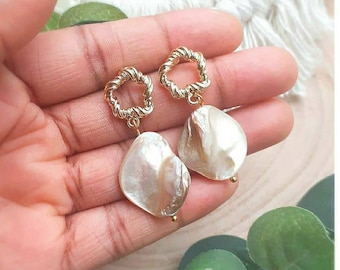
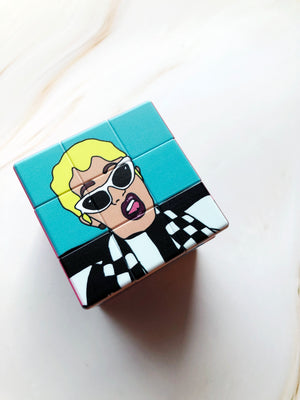
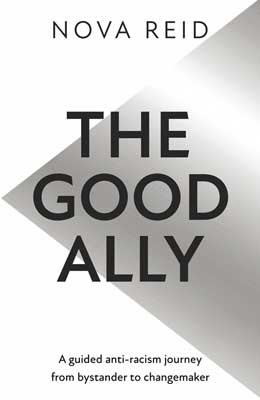








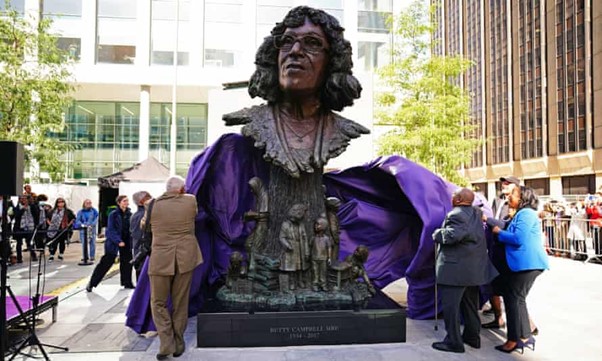
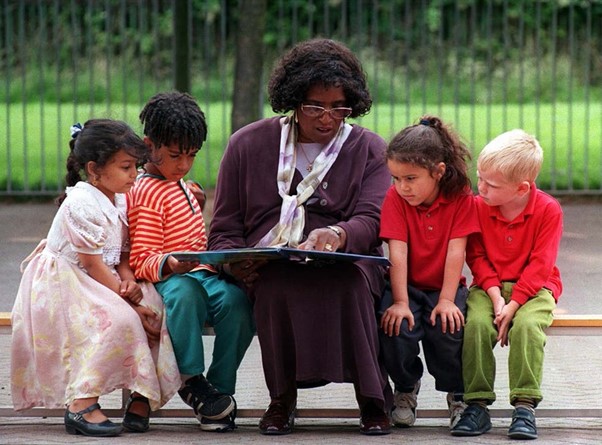





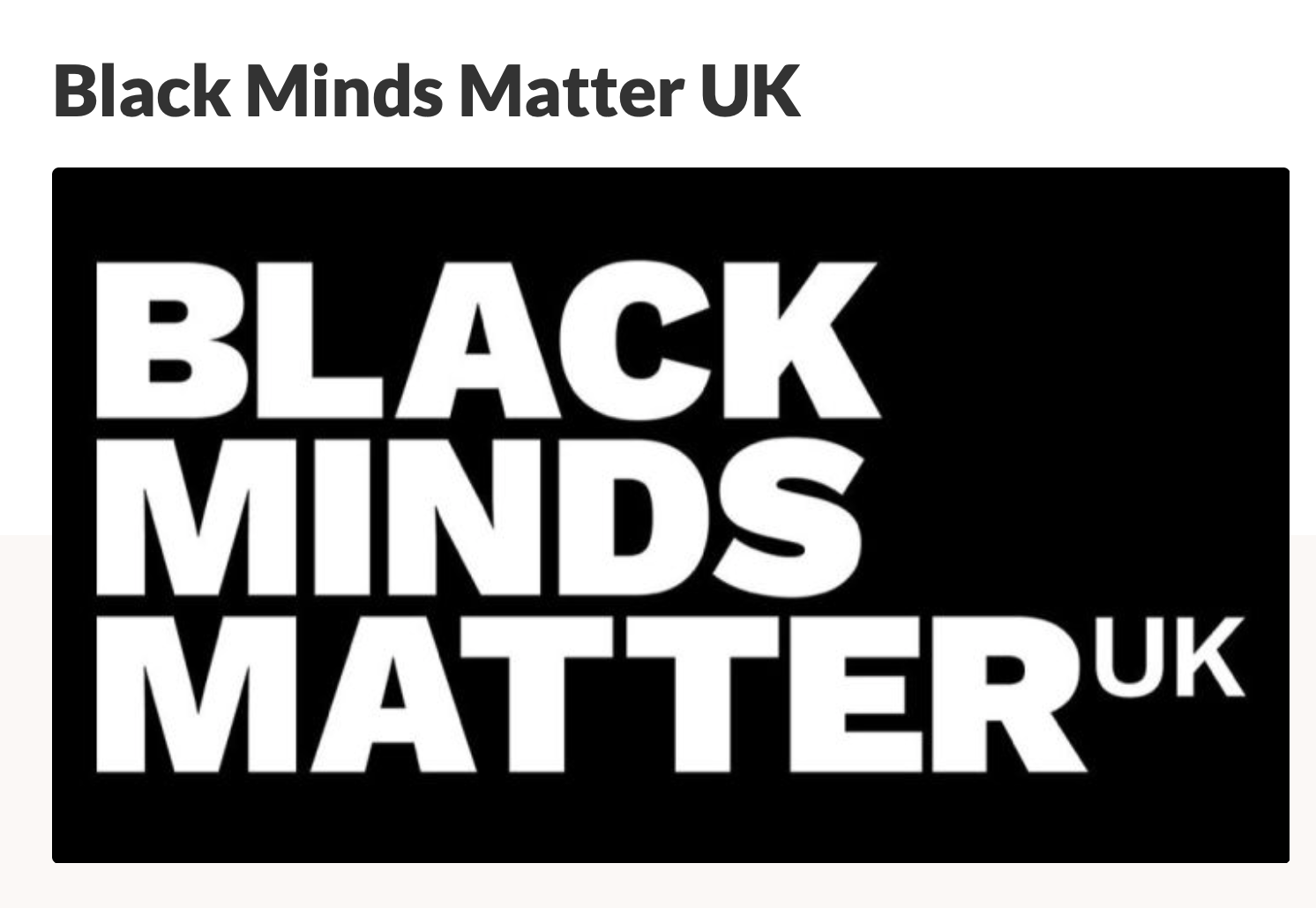
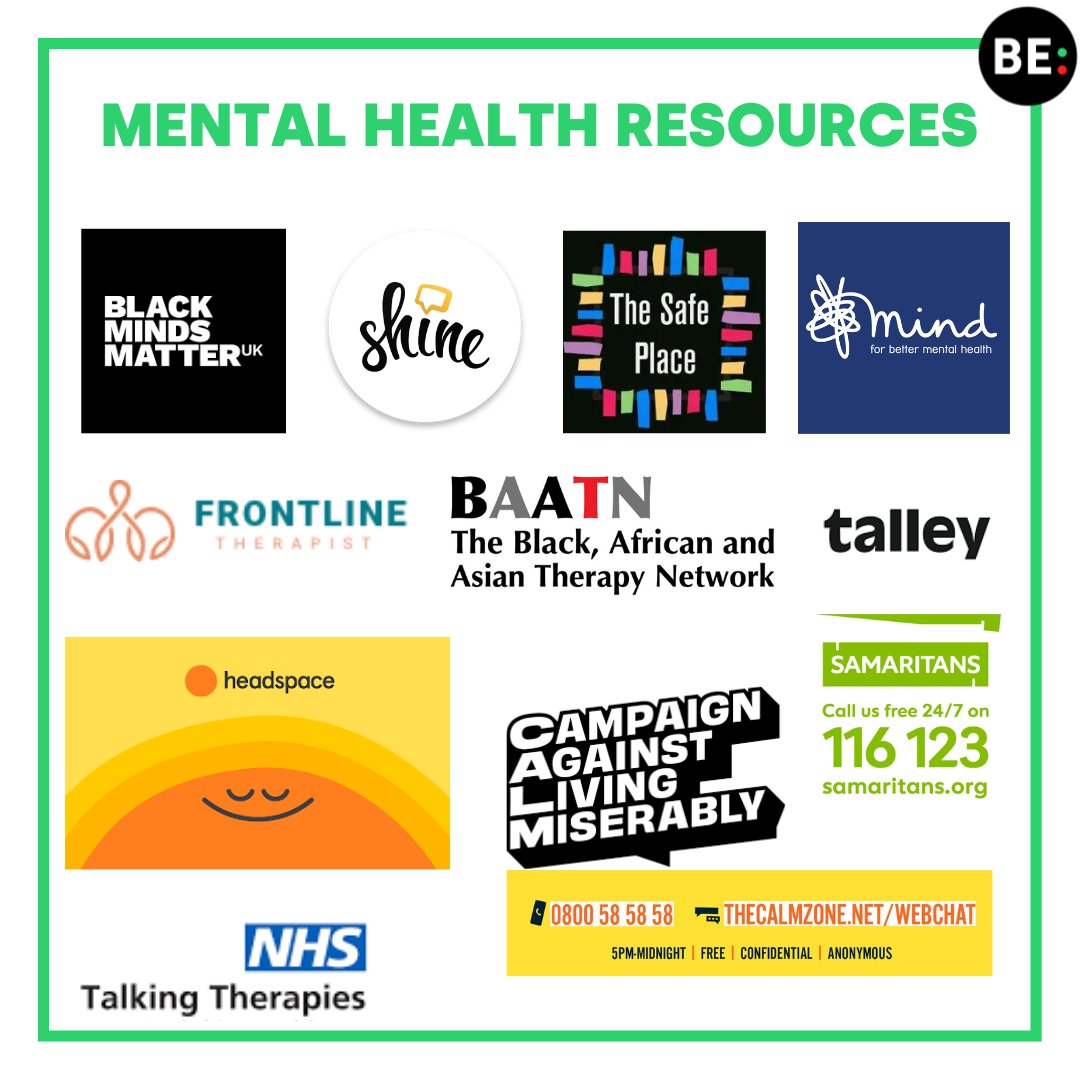 At the beginning of March, 2023,
At the beginning of March, 2023, 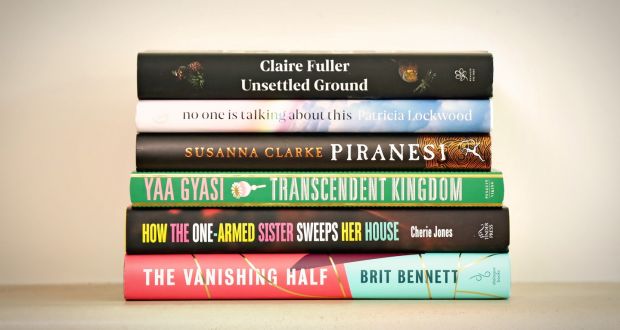
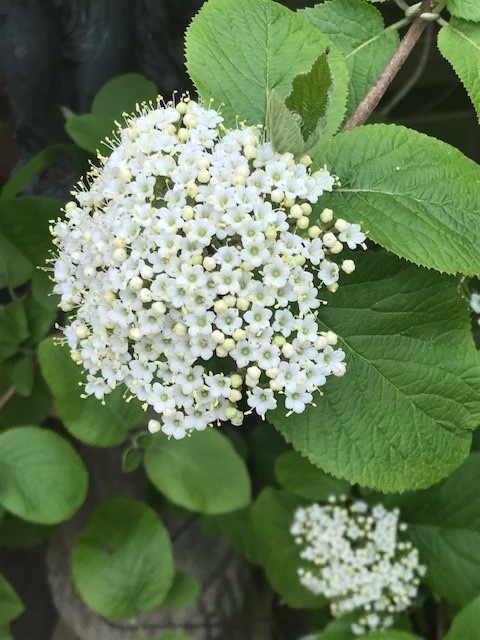


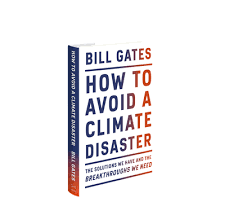


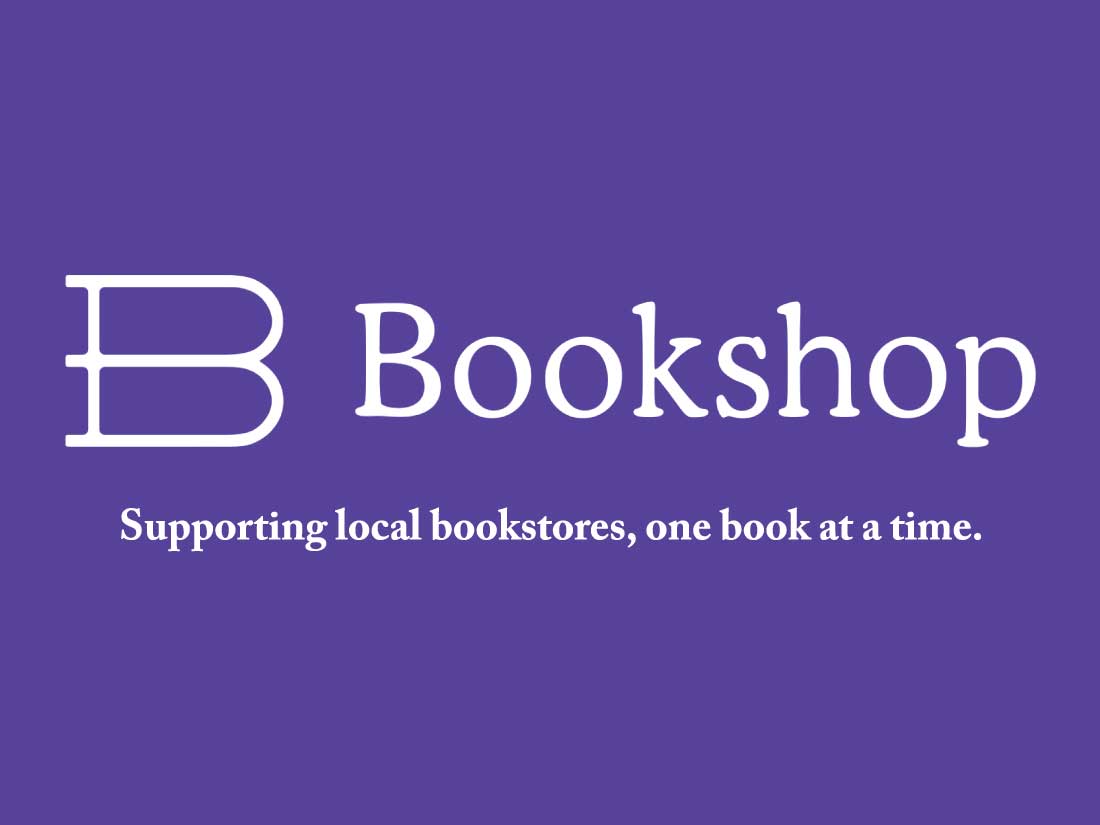

 The dolls used in the Clarks’ studies at their Northside Center for Child Development, founded in 1946. (Credit: Collection of the Smithsonian National Museum of African American History & Culture, Gift of Kate Clark Harris in memory of her parents Kenneth and Mamie Clark, in cooperation with the Northside Center for Child Development.)
The dolls used in the Clarks’ studies at their Northside Center for Child Development, founded in 1946. (Credit: Collection of the Smithsonian National Museum of African American History & Culture, Gift of Kate Clark Harris in memory of her parents Kenneth and Mamie Clark, in cooperation with the Northside Center for Child Development.)

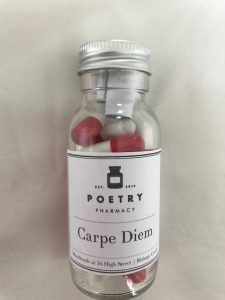
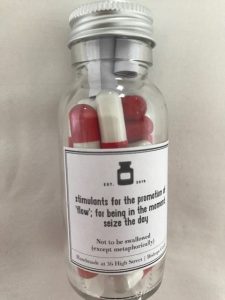 A bottle of poetry capsules (not to be taken except metaphorically) inside each of which are coiled words of wisdom. The one I just opened says:
A bottle of poetry capsules (not to be taken except metaphorically) inside each of which are coiled words of wisdom. The one I just opened says: